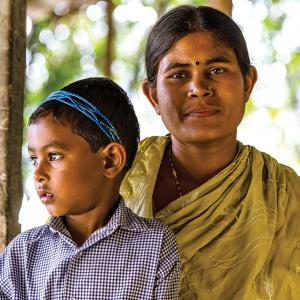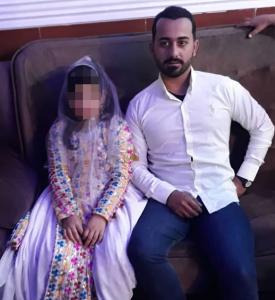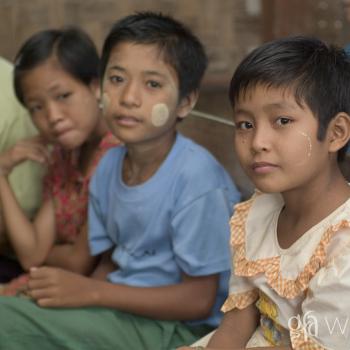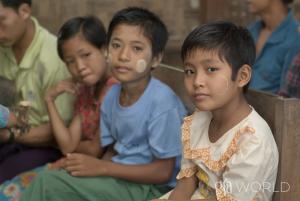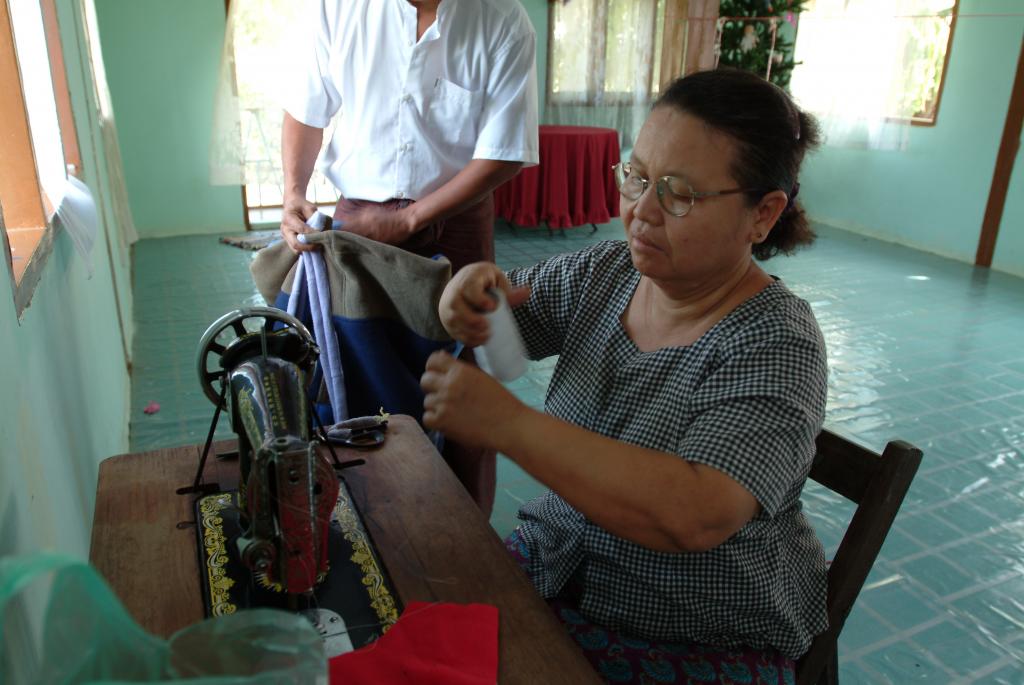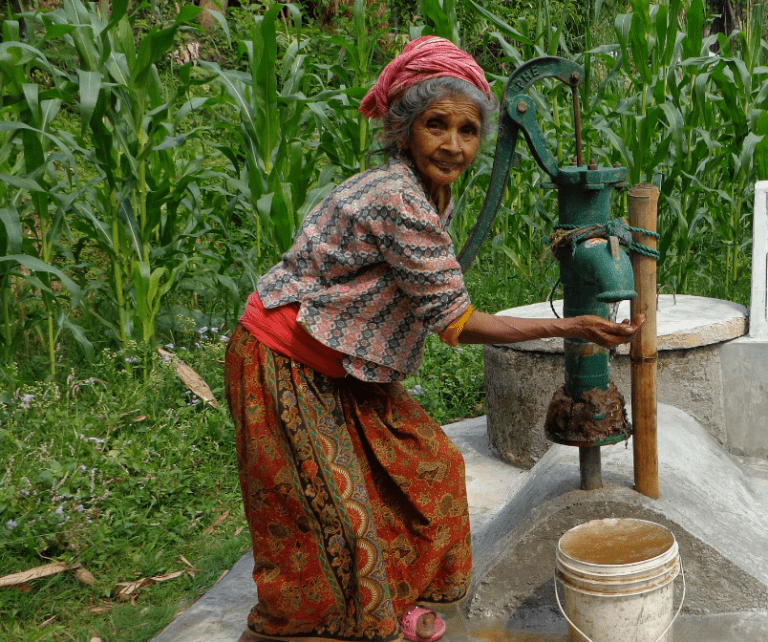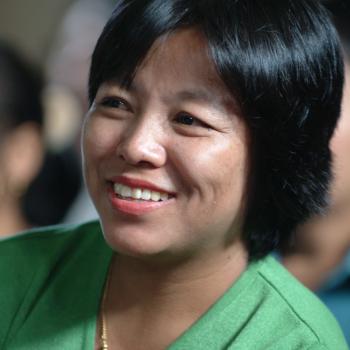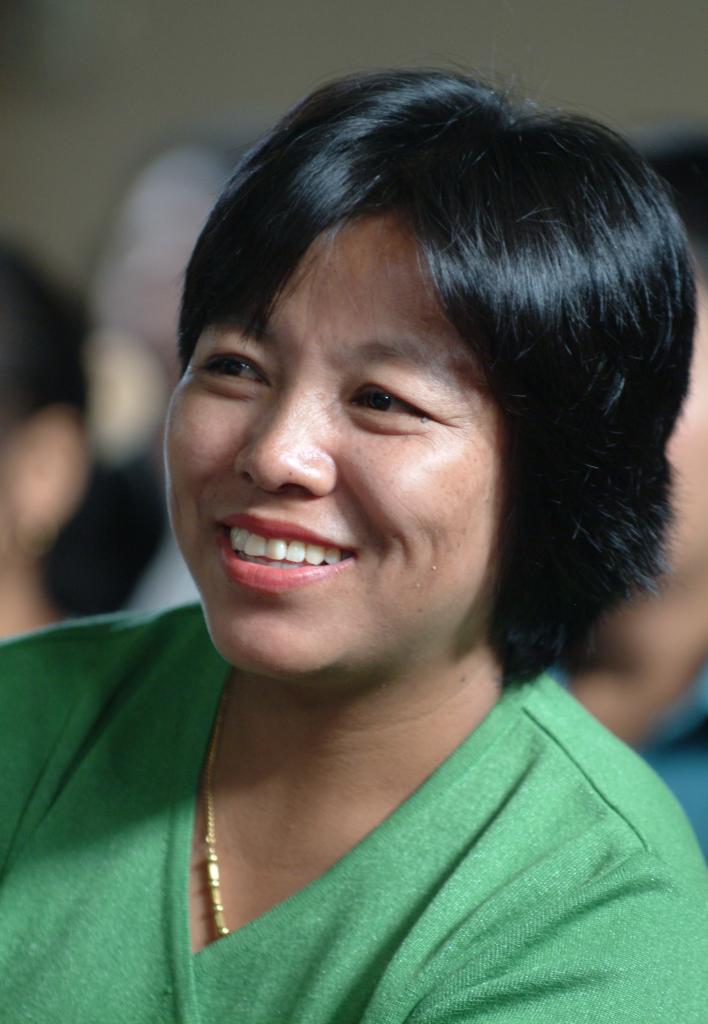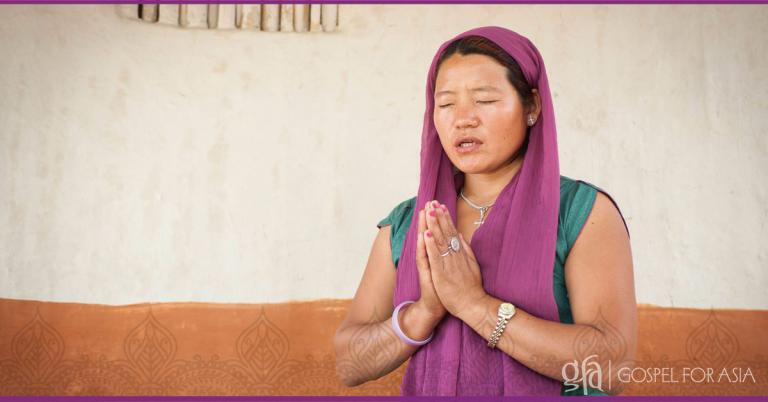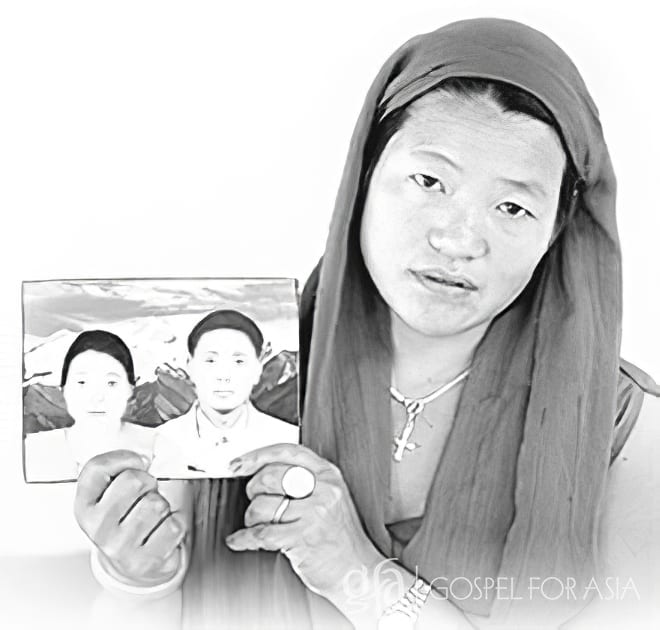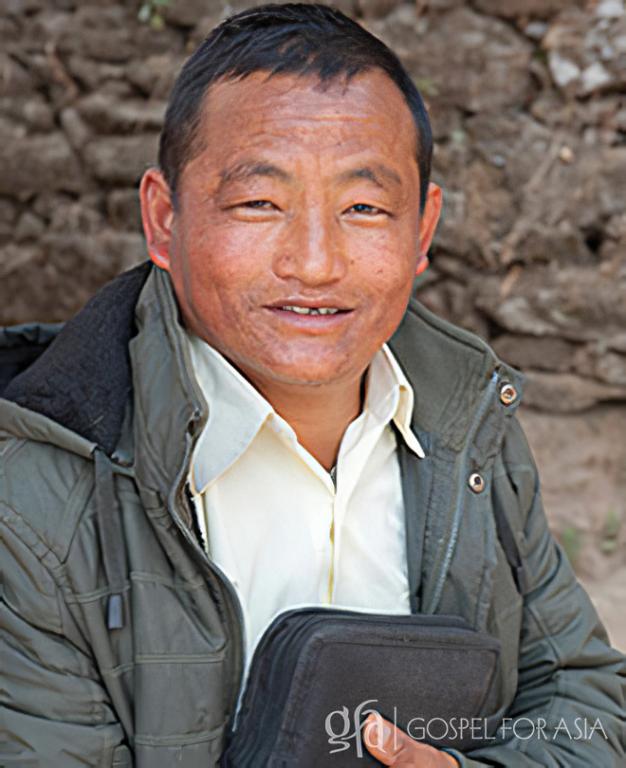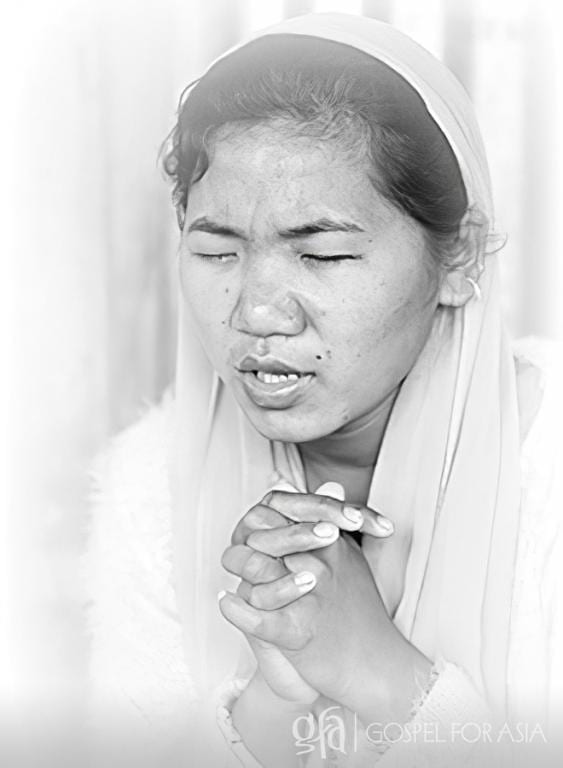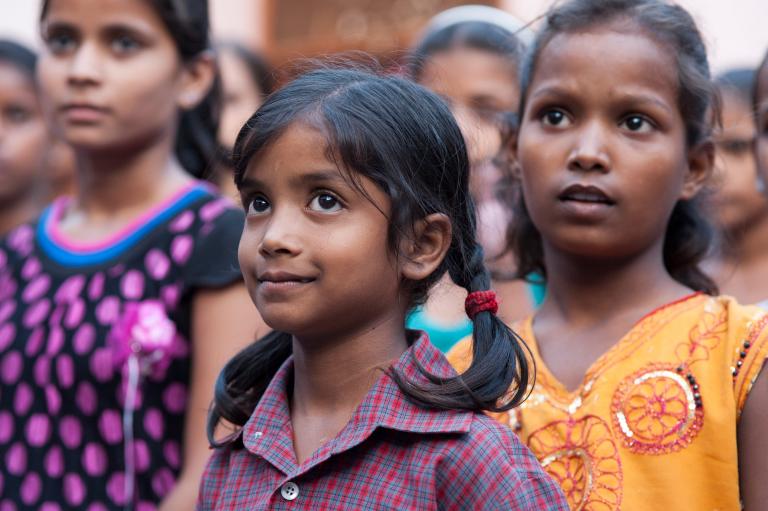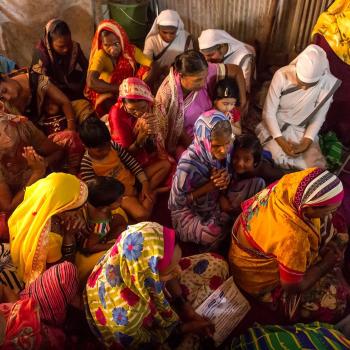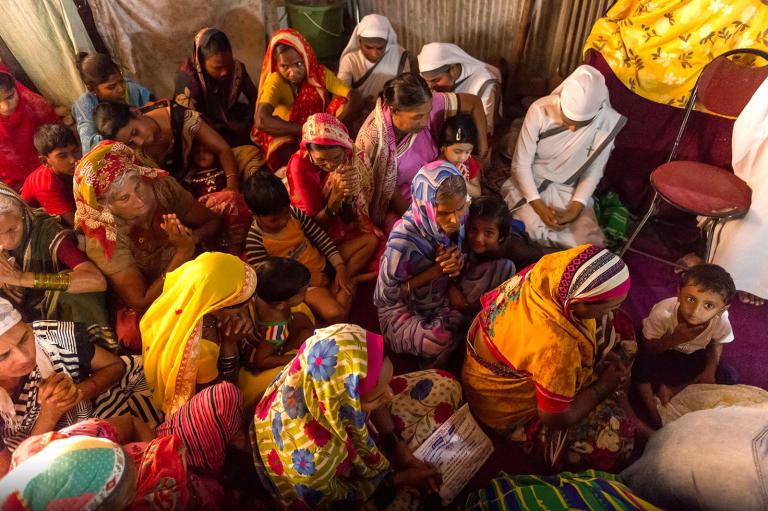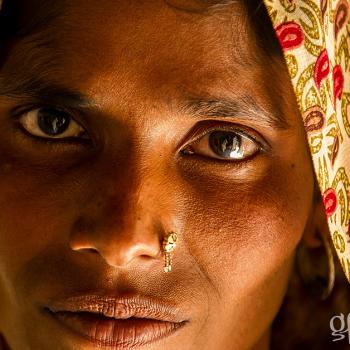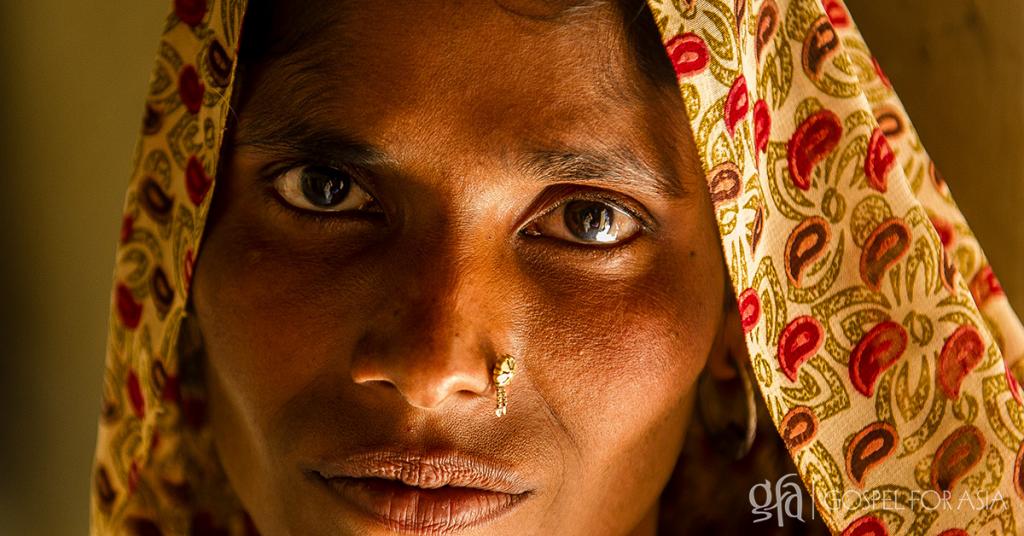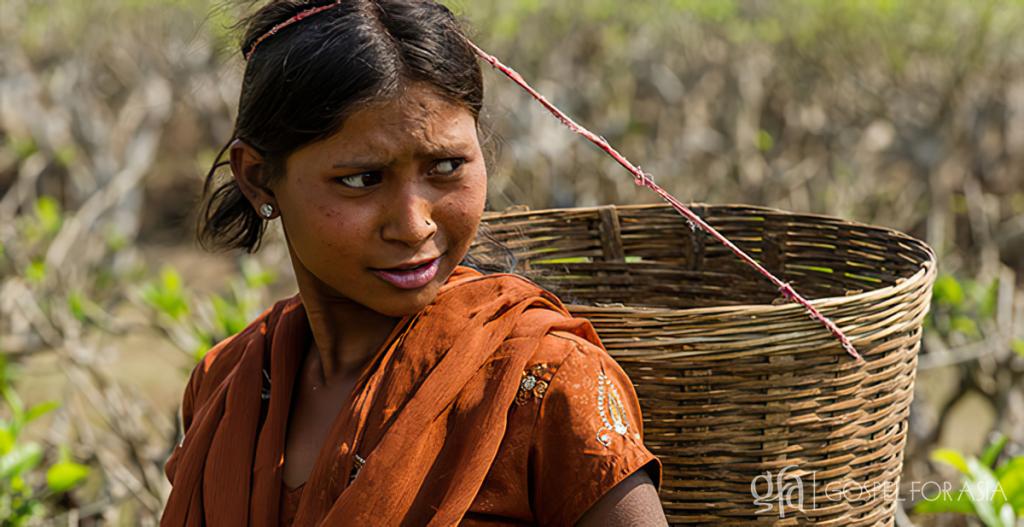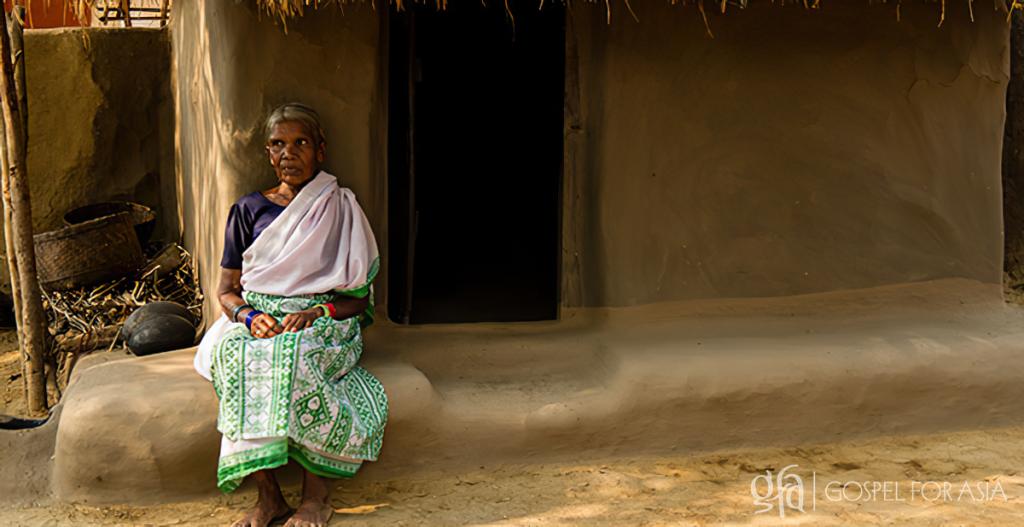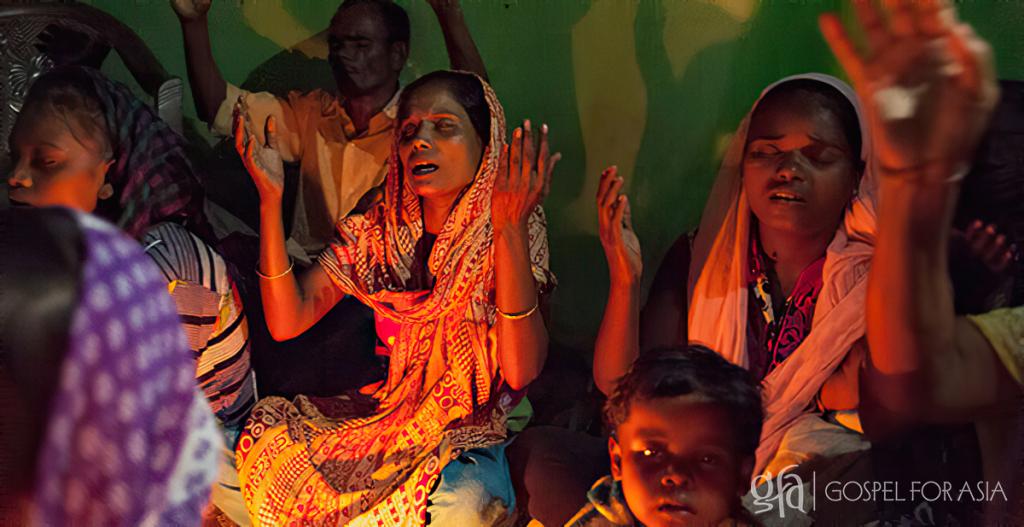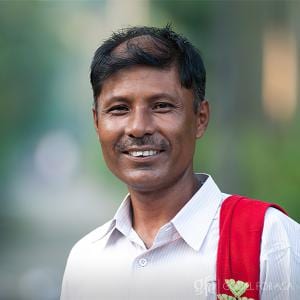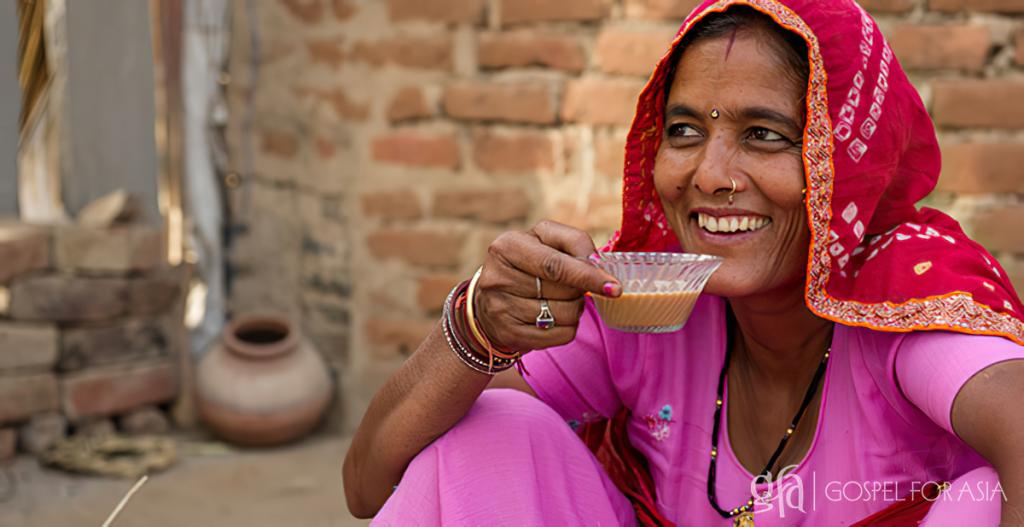WILLS POINT, TX – Gospel for Asia (GFA World and affiliates like Gospel for Asia Canada) founded by KP Yohannan, issued this Special Report on the horrific realities girls face, child marriage, human trafficking, abuse & exploitation, and the restoration & redemption that God brings to their lives.

Opening Doors of Opportunity
A recognition of girls’ inherent value will advance education for girls. Education helps girls learn basic skills like reading and writing, which are necessary to complete everyday tasks and conduct business in society. Education helps girls develop talents and interests. Education helps girls pursue the careers or paths that are right for them instead of being completely dependent on a husband. Ultimately, education helps girls unlock the freedom and knowledge to realize their potential.
At only 15 years old, Malala Yousafzai was nearly killed because she fought for education for girls in her region of Pakistan, where the Taliban had forbidden them from attending school. The teenager publicly spoke out about a girl’s right to attend school. Then, one day, a masked gunman boarded her school bus and shot her in the head.
“I woke up 10 days later in a hospital in Birmingham, England,” Malala remembers. “The doctors and nurses told me about the attack—and that people around the world were praying for my recovery.”
After her remarkable recovery, Malala became the youngest winner of the Nobel Peace Prize in 2014. Now 23, she continues to advocate for girls worldwide: She and her father founded the Malala Fund to advance the mission of 12 years of free, safe, quality education for girls.
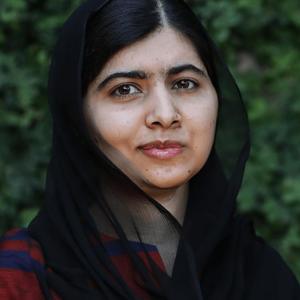
Photo by Malala Fund
“Girls who complete secondary school become healthier, more prosperous adults,” writes the Malala Fund. “Girls who receive a secondary education are more able and likely to contribute fully in their families, communities and societies, as earners, informed mothers, and agents of change.”
Many impoverished families fail to educate their daughters because they are struggling just to put food on the table; they cannot afford school supplies or uniforms. However, GFA’s Bridge of Hope Program and other child sponsorship programs help make education a reality for girls in poverty. These programs often provide for school expenses, uniforms, food and tuition: the tools needed for a child to thrive academically and complete her education.
As child sponsorship programs remove a financial burden from the family, they make it more likely for parents to keep their other children in school, even if only one child can join the sponsorship program. This changes the situation for families that would be tempted to keep their daughters at home, send them to work as child laborers or marry them off at a young age.
Through child sponsorship programs, girls gain the chance to excel scholastically, develop artistic and athletic talents, eat nutritious meals and build positive relationships in a supportive, nurturing atmosphere. The gift of education also changes girls’ outlook for the future.
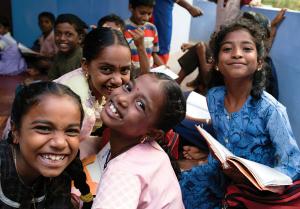
Girls who once would have only looked forward to marrying young or doing menial labor jobs now dream of being teachers, police officers, nurses or engineers. They have a much greater chance of achieving higher education.
Salena, a Bridge of Hope graduate, came from a poor background and watched her two older brothers labor in a hazardous factory. Until Bridge of Hope opened in her community, she didn’t have much to look forward to, as her parents struggled just to put food on the table for their six kids. But Bridge of Hope allowed Salena to excel in and complete her education.
“If I had not joined Bridge of Hope, I would have been looking after cows of a landlord, or I would have gotten married and gone to my in-laws’ home, because my parents had no money to send me to school,” Salena says.
“I clearly remember many nights we went to bed without food. … But then the Bridge of Hope project became … an agent of change and a stream of blessing in my life. Joy and peace came into my life as well as in my home. I was given all my needs from BOH like other children in the [program]. I discovered my hidden talents, abilities and life’s purpose.”

Resisting Child Marriage
Education can help girls avoid the trap of child marriage. At school, girls may learn about the dangers of child marriage, which can help them educate their own parents. Also, as girls acquire skills and knowledge at school, they and their families see the possibility of higher education and attractive career options.
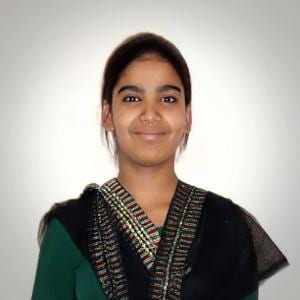
At age 13, Krupa, a Bridge of Hope student, came home one afternoon to find a crowd of people at her house. Bewildered, she asked her mother what was happening, but she only told Krupa to follow instructions. As Krupa’s neighbor started telling her to do things, Krupa realized she was being roped into a pre-wedding ceremony. Her parents were marrying her off.
Thankfully, Krupa had learned at Bridge of Hope about the dangers of child marriage, and she had promised herself she would never marry before age 18. She wanted to attend university and become a teacher.
Desperate to stop the impending wedding, Krupa borrowed a cell phone and secretly called Bridge of Hope staff members.
“Within just half an hour, they arrived at our house like angels,” Krupa recalls. “They came directly to me without looking at anyone. All I could say to them was, ‘I am only 13. What would you do if I was your child?’ They needed nothing more to hear and understand the whole situation.”
The Bridge of Hope staff talked to Krupa’s parents and explained the laws against child marriage. Krupa’s father promised not to arrange her marriage before she turned 18.
“I thank the Bridge of Hope staff for saving me from becoming prey to the trap of child marriage,” Krupa says. “My friends and school teachers admire me for my courage, but I am just glad to be an inspiration for many young girls.”
With the help of the education she received and the support of the Bridge of Hope staff, Krupa kept her promise to herself. She finished her education, graduated from Bridge of Hope and became a teacher, just as she’d hoped. She did eventually marry at age 20, when she was old enough and educated enough to make decisions about her own life.
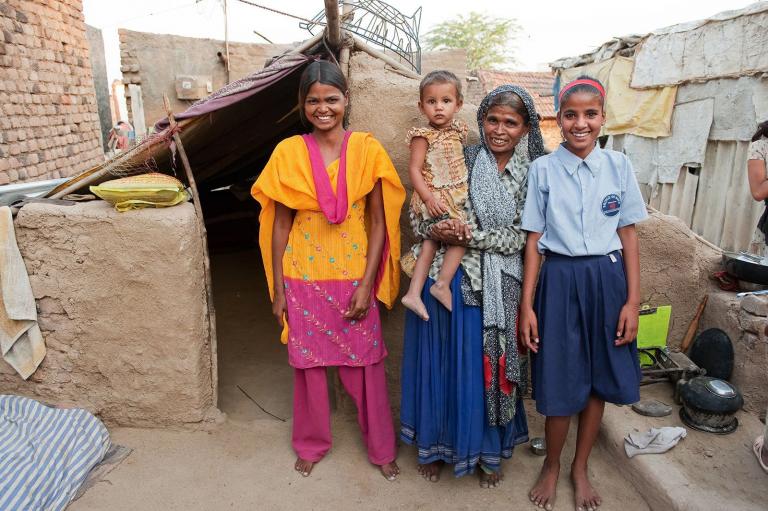
Bringing Freedom, Justice and Restoration to Victims of Child Labor, Trafficking, Child Marriage
International Justice Mission (IJM) is one of the largest organizations working to free, defend and restore victims of trafficking. IJM and other organizations often work to track brothels where girls under age 18 are being forced to work. They work with law enforcement to remove girls from the brothels, see that perpetrators are appropriately prosecuted and help survivors to receive aftercare.
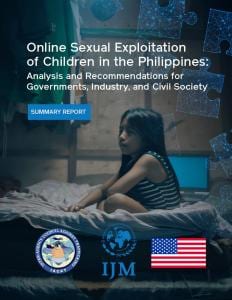
Earlier this year, IJM worked with police from two states in India to disrupt a cross-country sex trafficking ring. Police in one region noticed girls were being trafficked to a city on the other side of India. IJM supported the police in both states as they located a brothel where many of these girls were being held. Manisha, who had been rescued from the same brothel when she was a minor in 2018, played an instrumental role, sharing information that helped direct police to the brothel. On February 22, the teamwork of IJM, the police and Manisha led to the arrest of four suspected traffickers and the rescue of two girls who had been imprisoned in the brothel.
Many other organizations like IJM work to rescue girls from trafficking, prosecute traffickers or provide aftercare to survivors. Other organizations combat trafficking by holding businesses accountable to prevent forced labor. Through initiatives such as the Freedom Seal label, consumers can help end trafficking by supporting businesses that have taken the necessary steps to block slavery from their supply chains.
Rani Hong, the creator of the Freedom Seal initiative, fights against trafficking as someone who has survived it. Rani was trafficked when she was only 7 years old, forced to work 12 hours a day in a brick factory and kept in a cage at night. After she became physically unable to work, she was trafficked in an illegal adoption scheme.
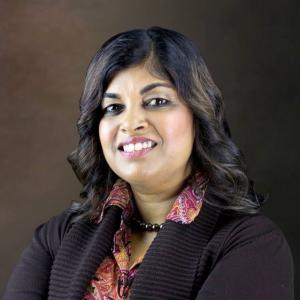
Rani ended up in a loving home in the United States, grew up, got married, had children and eventually reconnected with her mother and siblings in India.
But Rani didn’t forget her childhood experience; she began working to prevent other children from facing the same fate. She spoke before the Washington State legislature to pass a law criminalizing human traffickers. She became a UN special adviser on the Global Initiative to Fight Human Trafficking, and she created the Freedom Seal label, mentioned above, to promote businesses free from child labor and trafficking.
Ashmita, the girl forced to work as a domestic servant, also found freedom from child labor. After government authorities learned of her situation, they placed her in a home for girls run by Gospel for Asia (GFA) workers. There, Ashmita received care and encouragement from Sisters of Compassion and other Gospel for Asia (GFA) missionaries. She got to attend school. She played and made friends with the other girls at the home, who became like sisters to her.
“I like this place so much; I like all these didis [older sisters]. They work hard for me and for all of us,” Ashmita shared. “I like this place, and I don’t [want] to leave this place and go to any other place or orphanage because of the love and care that we get here.”
Now, as Ashmita flourishes in a stable home where she is receiving education and care, she can dream about the future.
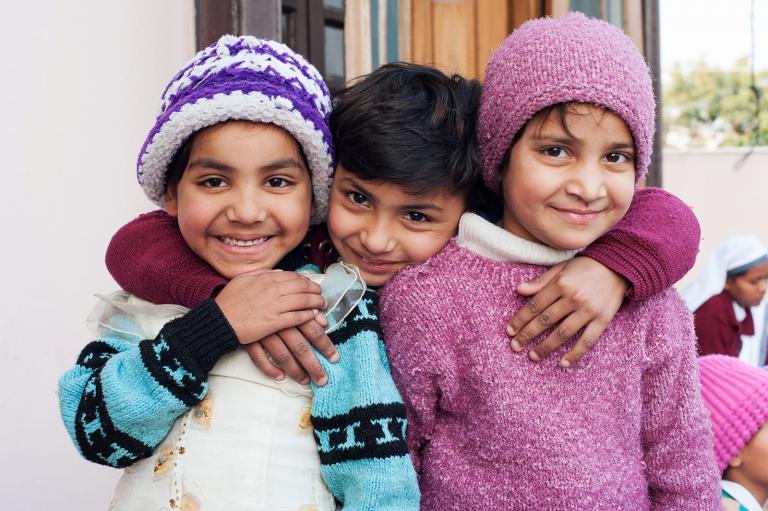
Writing New Chapters
In Jane Eyre, Little Women, Anne of Green Gables and most other popular coming-of-age stories about girls, the heroine gets a satisfying ending—the ending the characters and the readers both long for. Jane Eyre, Jo March and Anne Shirley find contentment accomplishing their dreams and living in safe homes with the people they love.
Real life doesn’t always bring neat, happy resolution, but it does bring the same element of hope found in those fictional stories—in an even more powerful way. In the true stories of girls such as Ruth, Ridhima and Ashmita, redemption is dawning over years of devastation and pain. As God brings restoration to their lives, they are helping many more girls to overcome the antagonists of abuse, discrimination and exploitation and to embrace their identities as daughters of the King of kings.
Ruth understands the power of this transformation as she continues to help more girls, women and communities by training younger women to minister Christ’s love to people in need.
“Let many sisters come up,” she says, “and then we will make a new history for the world and for Christ.”
Be Part of Writing a New Story
You can help write a new story for girls around the world. There are several ways you can give girls the chance to know their value in God’s eyes and to embrace the future with confidence and strength. Here are just a few:
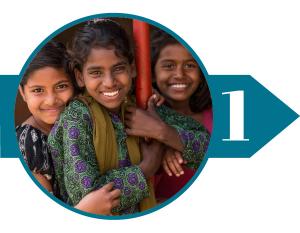
Sponsor a girl through a child sponsorship program
Many organizations, including GFA’s Bridge of Hope Program, Compassion International and World Vision, are working to provide children with education, nutritious food and opportunities in the name of Christ. By sponsoring a girl, you can help give her education in a nurturing environment, unlocking the door for her to overcome poverty and setbacks. Even if you choose to sponsor a boy, you will still be helping these organizations advance their mission of educating both boys and girls, and you will most likely be giving this boy the opportunity to learn respect for girls and women.

Promote awareness, justice and accountability
Because of their vulnerable position in society, girls need advocates. They need adults to educate others about the importance of defending a girl’s life, dignity, health and education from many dangers. They need adults to fight for them when they face abuse, trafficking or forced marriage. They need adults to remove corruption from business supply chains and eliminate child labor from the marketplace. To promote awareness, justice and accountability, you can partner with organizations such as International Justice Mission to provide legal help and aftercare to girls who have been subjected to trafficking, sexual abuse or child labor. You can use information from Freedom Seal and other accountability initiatives to ensure that you are only supporting businesses that prevent girls from being exploited in child labor.
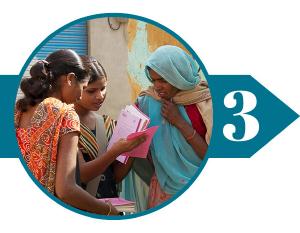
Partner with women missionaries
Women missionaries can effectively minister to girls’ and women’s emotional and spiritual needs. By supporting women missionaries like Ruth through prayer and finances, you can share hope with girls who need to know there is a God who loves and values them.
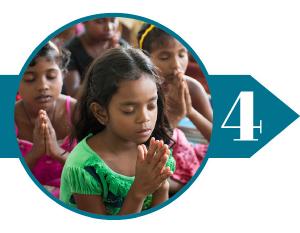 Pray
Pray
Sometimes the most effective way to help others is to seek God’s mercy and intervention. One individual can’t remove abuse or corruption from social structures, but when one individual joins with other individuals to intercede for girls who are neglected and abused, crying out for God’s justice, the Lord transforms hearts and lives—the first step toward social transformation.
If you want to help girls at risk in South Asia, consider a one-time donation to stand in the gap for children who have been rescued from desperate situations of neglect, abuse, abandonment, child marriage, and trafficking, into Bridge of Hope but still lack permanent sponsors to cover their monthly needs to remain in school.
About Gospel for Asia
Gospel for Asia (GFA World) is a leading faith-based mission agency, helping national workers bring vital assistance and spiritual hope to millions across Asia, especially to those who have yet to hear about the love of God. In GFA’s latest yearly report, this included more than 70,000 sponsored children, free medical camps conducted in more than 1,200 villages and remote communities, over 4,800 clean water wells drilled, over 12,000 water filters installed, income-generating Christmas gifts for more than 260,000 needy families, and spiritual teaching available in 110 languages in 14 nations through radio ministry. For all the latest news, visit our Press Room at https://press.gfa.org/news.
Read the rest of Gospel for Asia’s Special Report: Rewriting the Tragedies of Girlhood — Opening Doors for Girls Deprived of Opportunities — Part 1, Part 2
Learn more by reading these Special Reports from Gospel for Asia:
- Ending Violence Against Women — Using Programs and Education to Prevent Discrimination
- An Imaginative Exercise in Empathetic Fear — Think About Living in a Community with Missing and Murdered Indigenous Women
This Special Report originally appeared on gfa.org.
Read what Christian Leaders have to say about Gospel for Asia.
Click here, to read more blogs on Patheos from Gospel for Asia.
Learn more about Gospel for Asia: Facebook | YouTube | Instagram | LinkedIn | SourceWatch | Integrity | Lawsuit Update | 5 Distinctives | 6 Remarkable Facts | 10 Milestones | Media Room | Tragedies of Girlhood | Endorsements | 40th Anniversary | Lawsuit Response |
Notable News about Gospel for Asia: FoxNews, ChristianPost, NYPost, MissionsBox


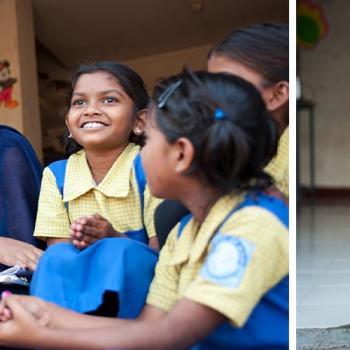
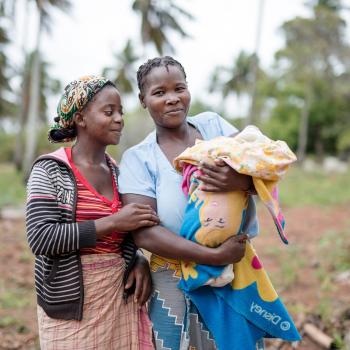
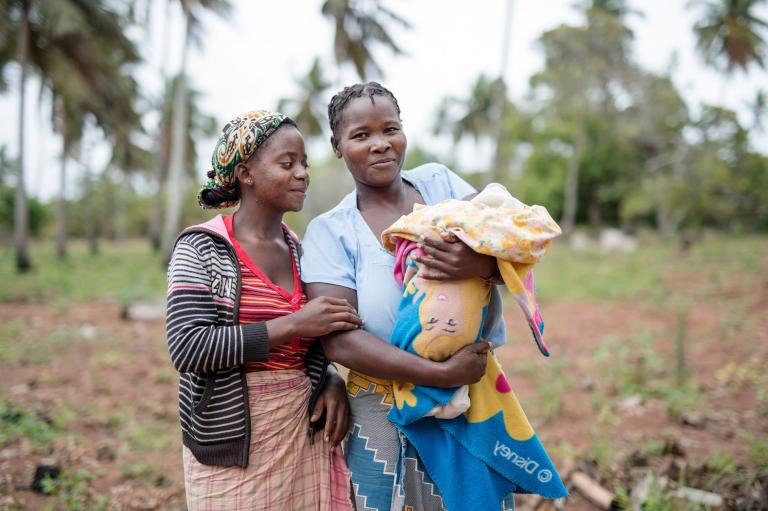
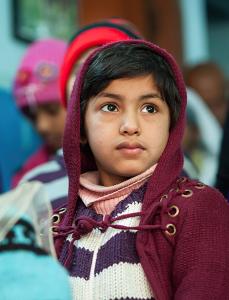
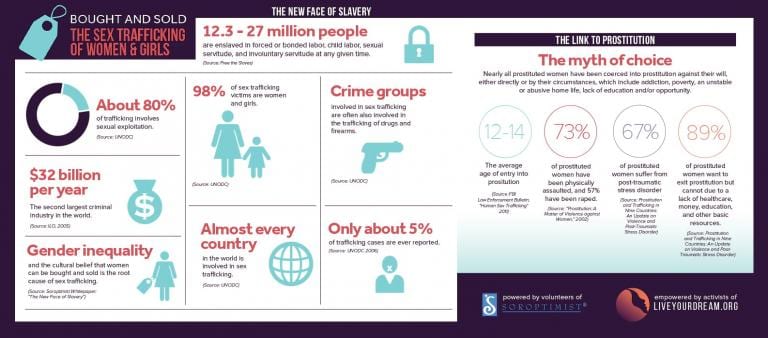

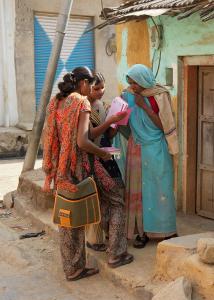
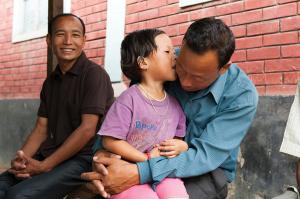
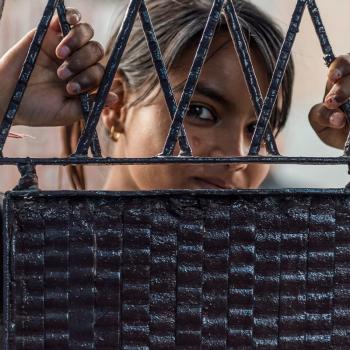
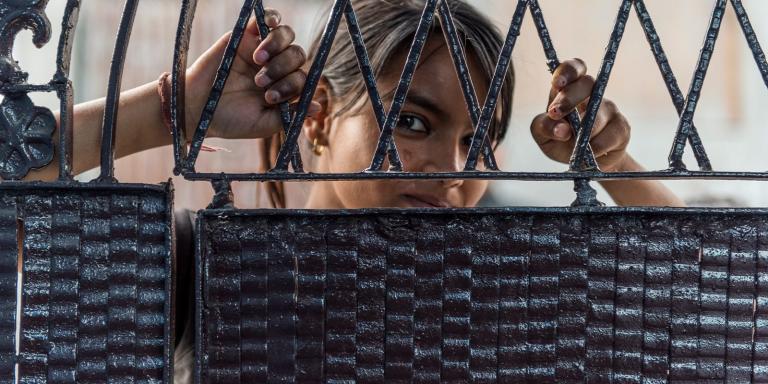

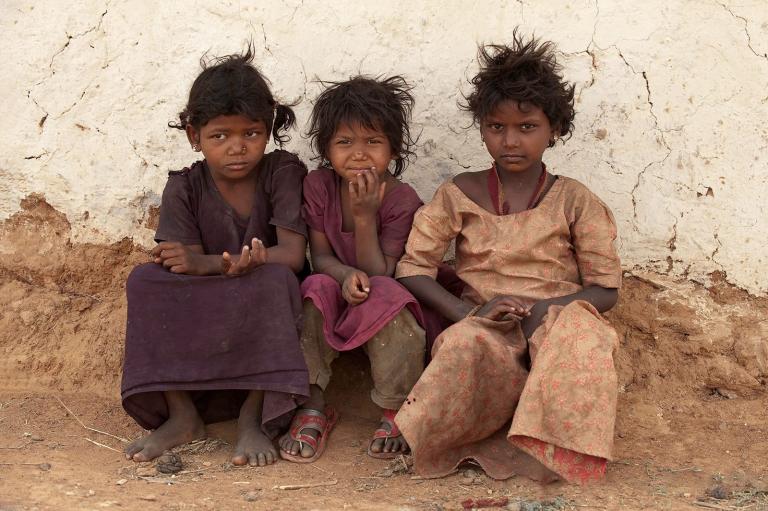
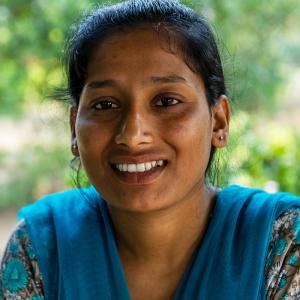
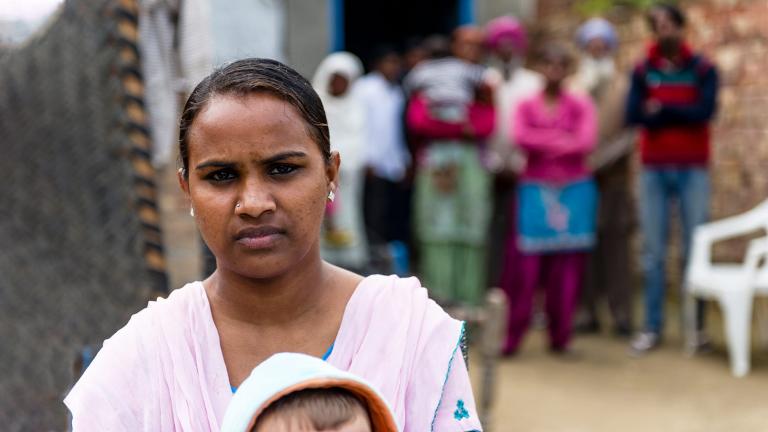
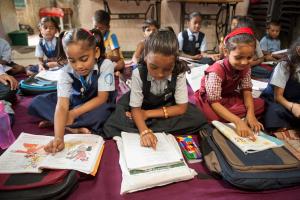
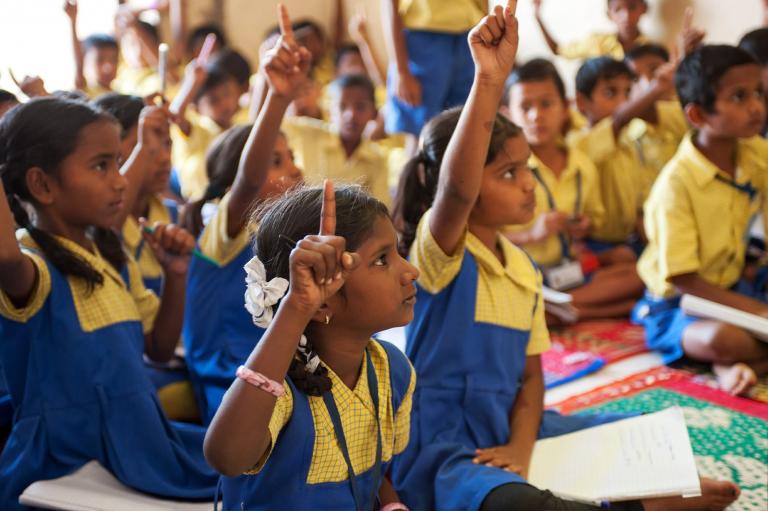
 Robbing girls of education has contributed to another global problem for girls: child marriage. In 2018,
Robbing girls of education has contributed to another global problem for girls: child marriage. In 2018, 